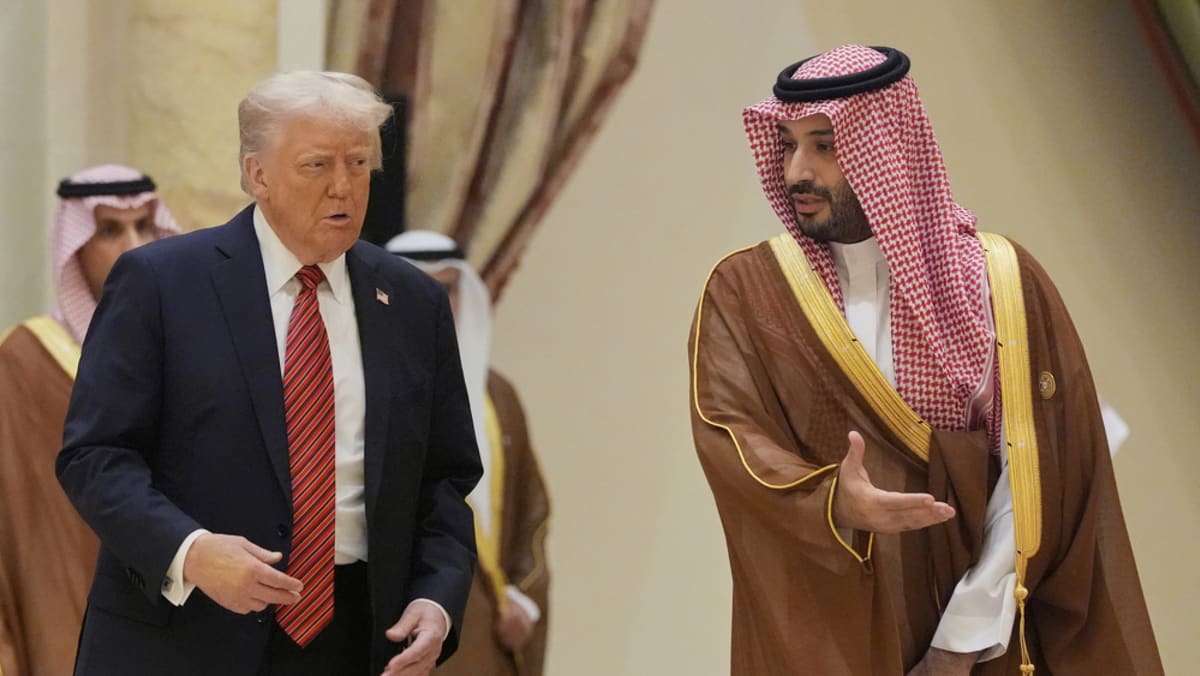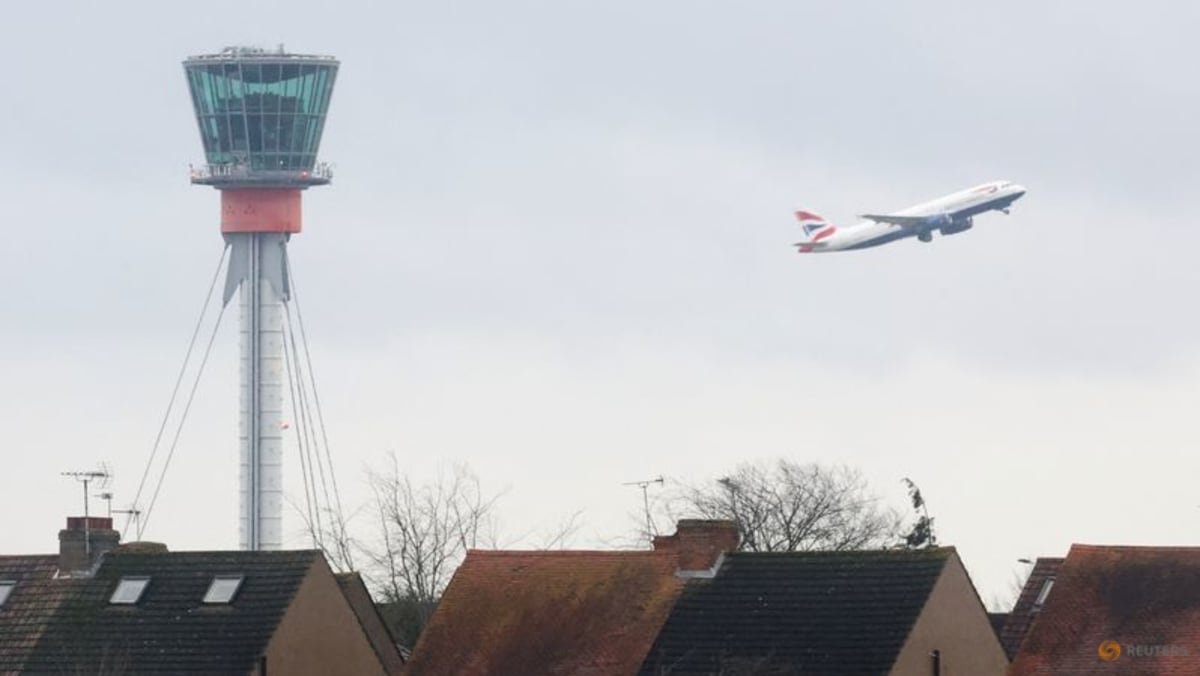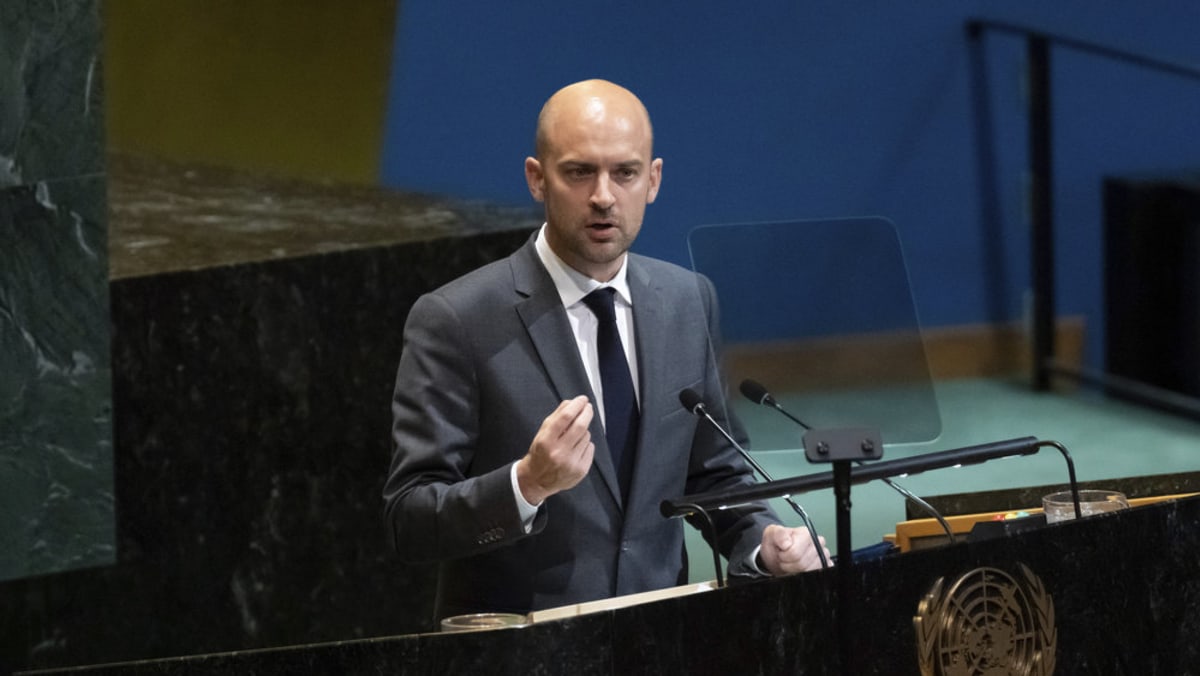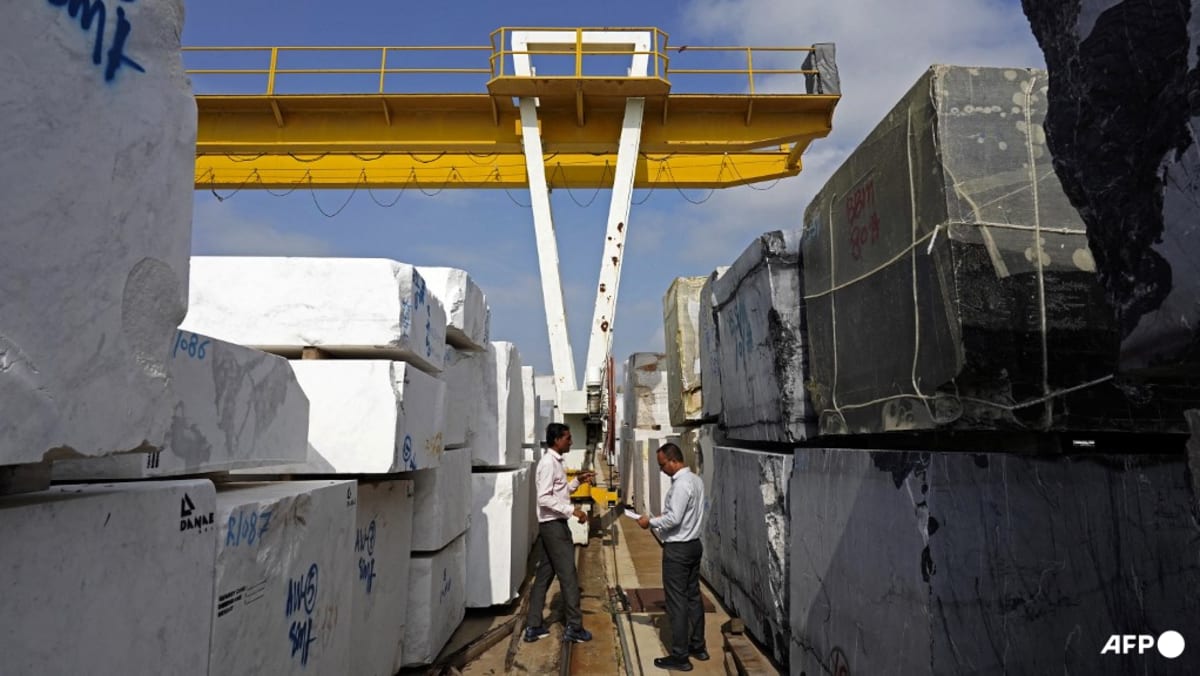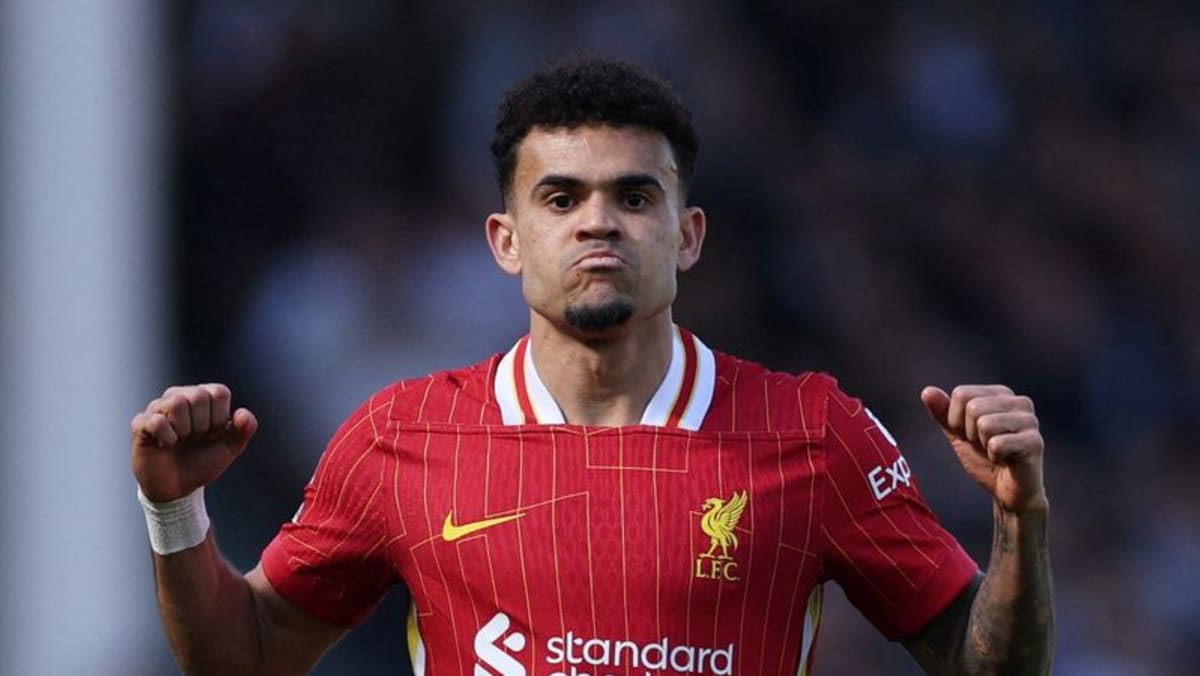The Trump administration is weighing a deal that would allow the UAE to import more than a million advanced Nvidia chips, people familiar with the matter told Bloomberg.
The deal would let the UAE import 500,000 of the most advanced chips each year from now to 2027, said the people. One-fifth would be set aside for G42, while the remainder would go to US companies building data centres in the Gulf nation, according to the people.
Why are US components important to the Saudis and Emiratis?
The two countries, like others across the globe, want to build national capabilities in the rapidly advancing field of AI. The technology is seen as the key to future competitiveness in a wide range of spheres, including national defence, modern manufacturing and consumer services.
The fear of being left behind is growing, as is the willingness to spend massively on AI infrastructure. Nvidia’s chips, and to an extent those from Advanced Micro Devices (AMD), are currently the best by far at turning mountains of data into software and services that get close to, or in some cases exceed, human intelligence.
What was the argument for loosening the restrictions?
In its statement, the Commerce Department said that the Biden administration’s regulations “would have undermined US diplomatic relations with dozens of countries by downgrading them to second-tier status”.
In strenuous lobbying efforts in Washington, Nvidia and other companies have argued that restrictions on the export of their chips are counterproductive. They say that by limiting access to the products of American technology companies, the US has invited their rivals, such as Huawei, to step in to offer up their limited but improving alternatives.
So not only is the revenue of US companies crimped, hindering their ability to maintain their technical edge, but other countries will develop capabilities outside of US influence. The argument goes that if overseas AI infrastructure is based on the products of American companies, it can be monitored and influenced by the US.
Is everyone onboard?
No. A key lawmaker on the House Select Committee on China, who has long sounded the alarm about G42’s ties to Huawei and other companies in China, voiced his concern.
“We need safeguards in place before more agreements move forward,” Representative John Moolenaar, the top Republican on the panel, said in a post on X.





